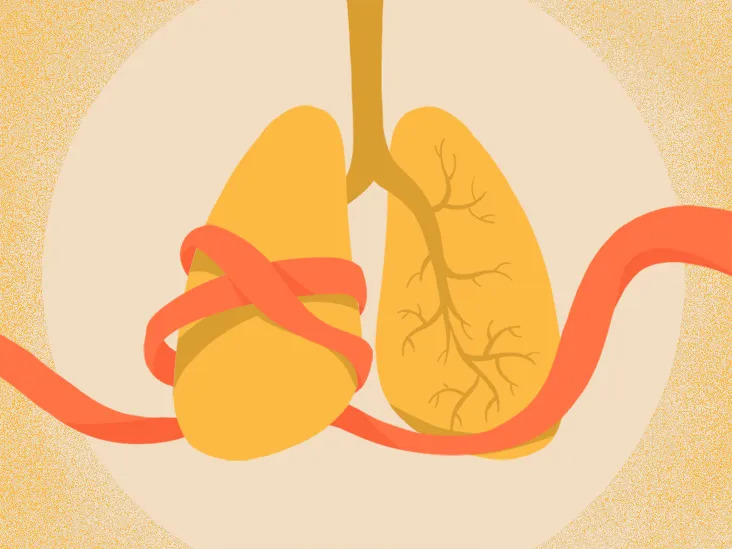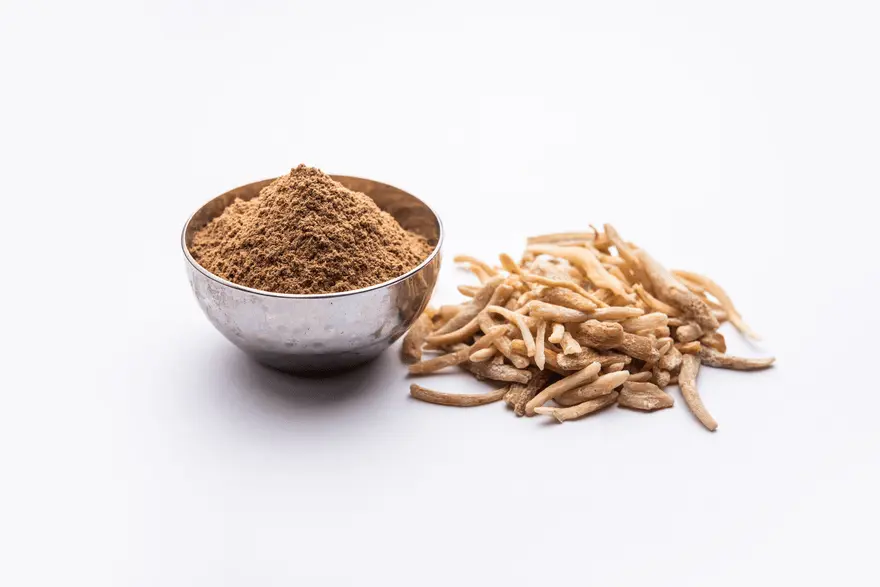Preventive Healthcare
What Is COPD: Learn About Diagnosis Treatments and More
3608 Views
0

Chronic Obstructive Pulmonary Disease, or COPD, is a chronic lung illness that causes blockage in airflow, leading to breathing difficulties. There are two types of COPD, i.e., emphysema and chronic bronchitis.
Emphysema is a lung disease that destroys the air sacs in the lungs, making it difficult to breathe. In the case of bronchitis, bronchial passages become inflamed and constricted, resulting in mucus accumulation.
What are COPD Stages?
Spirometry grading is one way to quantify COPD. The GOLD (Global Initiative On Obstructive Lung Disease) classification is used to assess the severity of COPD to aid in the diagnosis and treatment of COPD.
There are four COPD stages:
Level 1: Mild
Level 2: Moderate
Level 3: Severe
Level 4: Very Severe
The GOLD classification considers both your present condition and any acute episodes you have faced in the past. With the help of this information, your doctor classifies the COPD type and suggests the required treatment.
Symptoms of COPD
During the initial stages of COPD, you may not show any symptoms. The severity of your symptoms is typically proportionate to the state of your condition. When the condition gets severe, watch out for these COPD symptoms:
- Regularly coughing, which may also include an accumulation of mucus
- Involuntary whistling sounds when you exhale, also known as "wheezing"
- Getting breathless is very easy, more so when you workout
- Your chest feels tight and heavy, and you experience discomfort when breathing
People with COPD are prone to repeat respiratory infections. Extreme instances of this disease are characterised by unusual weight loss, muscle weakness, especially in the lower muscles, and swelling of the legs, feet, and ankles.
What Causes Chronic Obstructive Pulmonary Disease (COPD)?
Most individuals with COPD are over the age of 40 and have a smoking history. The chance of developing this disease increases in proportion to your age and the number of cigarettes smoked.
- Passive smoke, smoke from cigars and pipes, and cigarette smoke are all known to aggravate COPD symptoms. If you also have asthma, you greatly increase your chances of developing COPD.
- Chemical and fume exposure in the workplace is also a risk factor for its development. COPD can also be brought on by chronic exposure to air pollution and the inhalation of dust.
- Poor ventilation in dwellings not only lets in harmful cigarette smoke but also smoke from cooking and heating, more so in the third world.
- Having a family history of COPD might be a risk factor. A lack of the protein alpha-1-antitrypsin has been linked to COPD in up to 5% of cases. Lung disease and perhaps liver damage are the results of this deficit.
What Tests Are Required for COPD Diagnosis?
During the preliminary COPD stages, diagnosis is impossible. Only when the case is severe do the symptoms start to show. This is why many people with COPD won't find out they have it until it's advanced.
Your doctor will make a diagnosis based on your symptoms, medical history, and whether or not you've been exposed to lung irritants like cigarette smoke. There may be a battery of tests your doctor wants to do before making a diagnosis.
Following are some of the diagnostic procedures:
- Various lung function tests determine how much oxygen your lungs can supply to your blood and how much air you can inhale and exhale.
- Conducting a chest X-ray, which could easily detect emphysema. An X-ray can also be used to rule out heart failure or other lung diseases.
- Although laboratory tests are not used to diagnose COPD, they can help pinpoint the source of your symptoms and rule out other illnesses.
- Some cases of COPD have been linked to alpha-1-antitrypsin deficiency, a genetic illness that may be diagnosed with a blood test. If your family has a history of the disease, your doctor may recommend this test.
- Examination of the gases in the arterial blood to determine your ability to take in oxygen and exhale carbon dioxide.
- A CT scan of the lungs can reveal emphysema and indicate whether or not a surgical treatment for COPD is warranted. Screening for lung cancer with CT scans is also possible.
How Do You Treat COPD?
The condition can be managed by treating its symptoms, consequences, and overall progression with the help of a pulmonologist—a doctor who specialises in this field.
Oxygen Therapy
Supplemental oxygen can be administered via a mask to help patients breathe easily in case their blood oxygen level falls too low. Having a portable unit can facilitate mobility.
Surgery
When previous therapies for COPD or other forms of severe emphysema have failed, surgery may be considered. Following are some of the surgical procedures:
Bullectomy: Large, abnormal air pockets (bullae) in the lungs are surgically removed with this operation.
Lung Volume Reduction: Removing scarred tissue from the upper lobes of the lungs is possible with this surgery.
Lung Transplant: COPD can be efficiently cured by a lung transplant, but the procedure is not without significant dangers.
Endobronchial Valves (EBV): These are one-way valves that redirect inspired air to healthy lungs and away from non-functioning, damaged lungs, making them a minimally invasive option for increasing airflow efficiency in people with severe emphysema.
Avoid the potential health risks that come with COPD and get a head start with a full heart profile today. Book Pulmonary Test online with Metropolis India.























 WhatsApp
WhatsApp